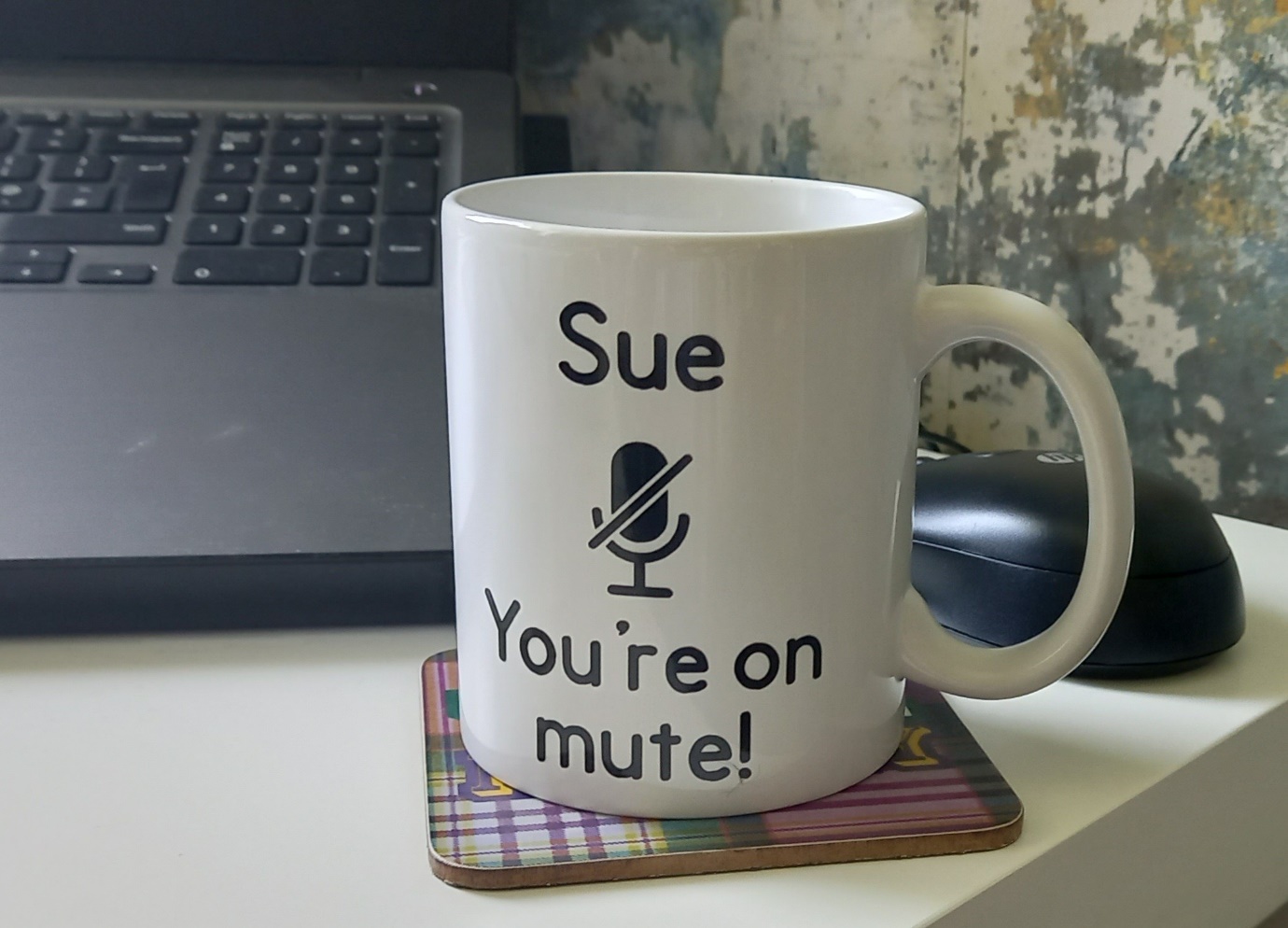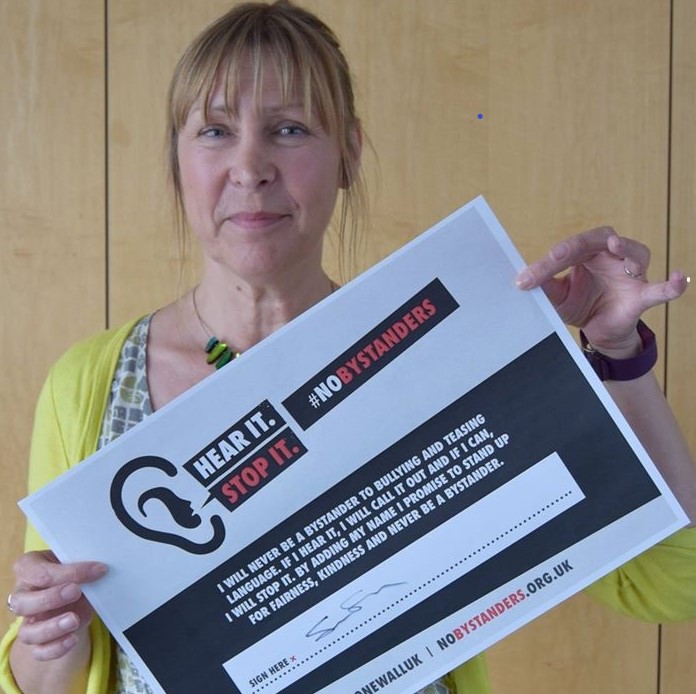Sue Shone: Coronavirus – a view from the housing frontline
CIH Scotland board member Sue Shone details her experience of managing a team and having to adapt to new challenges during the pandemic.

The road to ‘normality’ still stretches somewhere into the distance, but some semblance of life as we knew it pre-Covid is starting to appear, with the talk of blended approaches to working from offices and reinstating more home visits for Housing Officers.
So, it seems a good time to take pause and reflect on the past 12 months or so.
What strikes me, as I work through my team’s end of year reviews, is just how well they adapted to managing complex situations without that old faithful of housing management tools, the home visit. Very quietly, literally overnight, all things familiar changed. We gathered the laptops, phones, screens and other desk paraphernalia into our homes, and just got on with it. Skype was quickly superseded by Teams and Zoom, we mastered background effects and screen sharing. We learned how we each lived and worked and had ups, downs and days of ‘meh’.
But all the while, like housing management teams all across Scotland, we delivered services to our tenants. What my team experienced will be similar to others. Those early contacts with tenants showed just how many were in need of help who had never previously troubled us. They were vulnerable and had no knowledge of the welfare system - and the grants were still untested. As the lockdown went through its various guises, some of the tales of distress our tenants experienced were troubling.
Those who were lonely or mentally unwell becoming more so. One tenant believed their home was infested with insects and they needed intense support to accept there were none, others who had never been in the mental health or support services – or who had managed to skirt close but never be caught up – were sectioned. A severe case of financial and physical exploitation of an older man took months of work to bring him to safety, whilst other tenants’ tolerance of each other diminished. People became ill, addicts succumbed to their disease.

Sue Shone
Housing Officers and support workers absorbed all of this, whilst barely in the background, all those personal things – the tragedies and tribulations, birthdays, home schooling, retirements, acts of kindness and life in general - carried on just beyond the screen.
With the help of Health and Safety colleagues, we developed sign up techniques worthy of a spy movie – leaving forms in brown envelopes alongside hand sanitiser and blue gloves. Home visits were short, targeted affairs with a list of dos and don’ts.
As soon as we were able after that first phase of lockdown, we provided accommodation to people in housing need – the first of these lets for my team was notably a health service worker who was moving from sofa to sofa with her young child. When we gave her the keys to her home she told us how scared she had been and how she couldn’t wait to shut her own front door and feel safer.
So, this is unashamedly something of an homage to front line housing staff who have kept calm and carried on, managing rent income, anti-social behaviour, fly-tipping (so much fly-tipping!) and keeping good humour and compassion right at the front of what they do.
The CIH professional standards talk of the housing professional’s purpose:
- To add value and change lives.
- To play a key role in creating a future in which everyone has a decent, secure and high-quality place to call home.
- To be a force for change across the sector.
Throughout the pandemic, frontline colleagues have done all that and more, and I couldn’t be more proud to call myself a housing professional.









